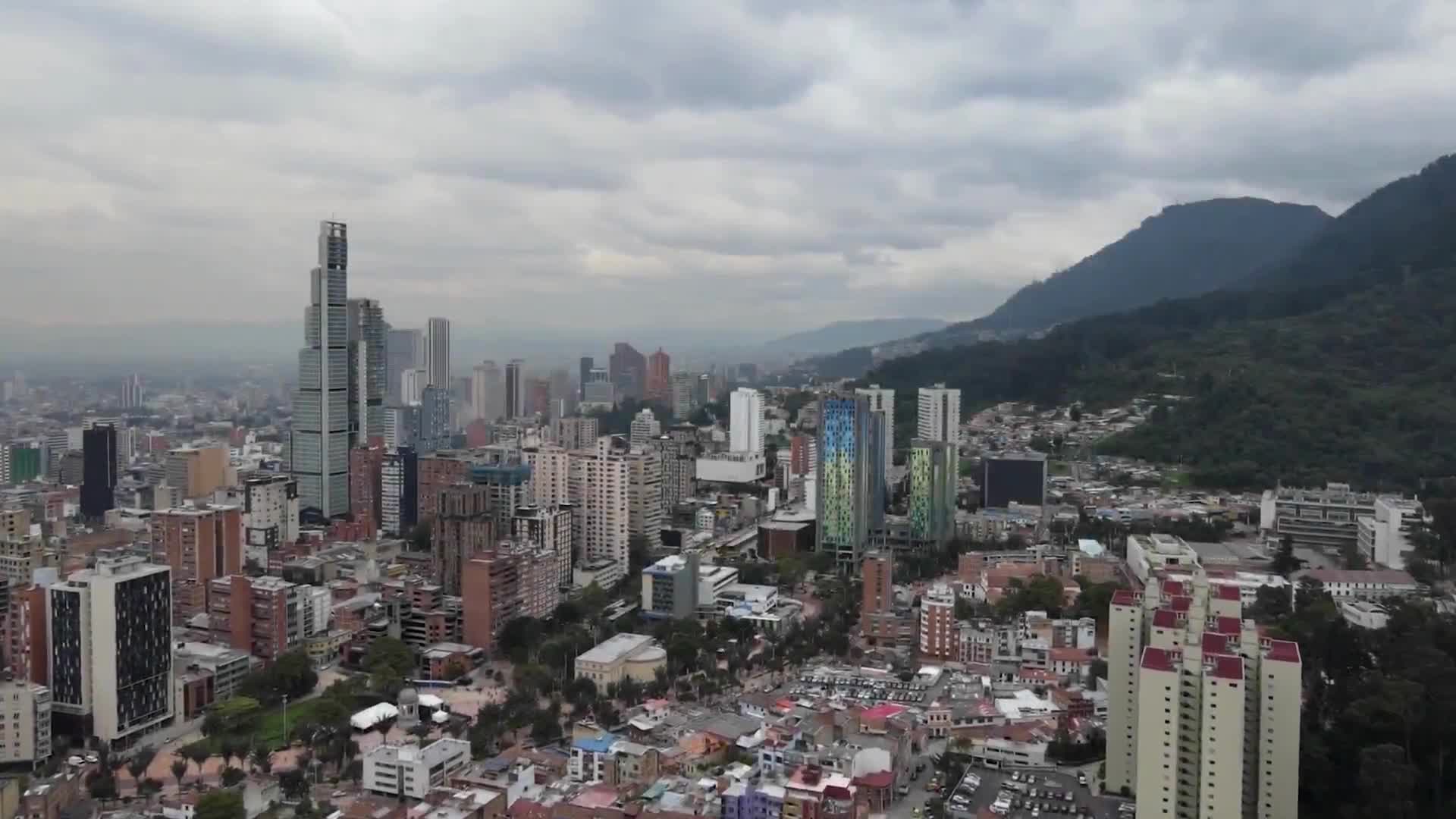World Cities Day address urges people-centered 'smart cities' to tackle global housing and digital exclusion
Get AI-powered insights, summaries, and transcripts
Subscribe
Summary
In a World Cities Day address, a speaker urged urban leaders to make smart-city technology serve people, citing billions living in inadequate housing and offline. The speaker called for linking digital tools to housing, land rights and basic services ahead of the World Urban Forum in Baku in 2026.
A speaker at a World Cities Day address urged urban leaders to prioritize people-centered "smart cities" and to connect digital innovation with housing, land and basic services.
"Every city should be a place of opportunity for all. But in today's world, too many people are being left behind. Nearly 3,000,000,000 people live in inadequate housing. More than 1,000,000,000 live in informal settlements and slums. Over 300,000,000 are homeless," the speaker said.
The speaker said those problems are often overlooked by technology-focused urban plans. "These issues are often invisible in smart city plans. While technology is moving fast, more than 2,700,000,000 people are still offline. There's nothing smart about the city that leaves people behind. Smart cities must be people centered. Technology should serve citizens and not the other way around," the speaker added.
The address also outlined concrete ways digital tools can change daily life, citing geospatial mapping, data monitoring and early warning systems as examples that can "save lives, secure land rights, transform informal settlements by expanding access to housing and services in our cities." The speaker framed the remarks around preparedness and everyday benefits: "Technology is only meaningful when it changes daily life. When a family accesses clean water, when a student can study online, when a neighborhood is ready for the next flood or heat wave."
Concluding the brief address, the speaker linked the call to action to an upcoming international convening: "As we look ahead to the World Urban Forum in Baku in 2026, our task is clear. Connect digital innovation to housing, land and basic services so that the future of cities is not only smarter, but also fairer, safer and more resilient."
